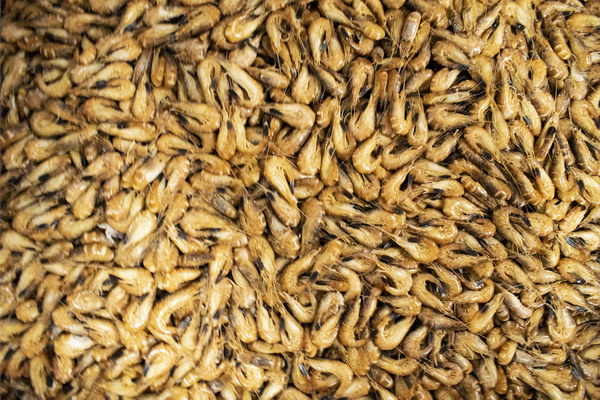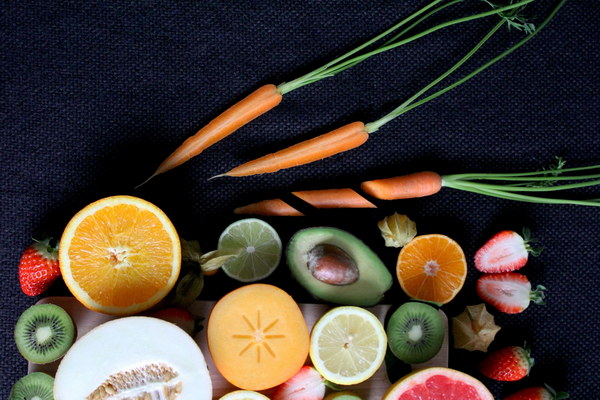The Power of Blue How Blue Foods Nourish the Liver and Kidneys
The Power of Blue: How Blue Foods Nourish the Liver and Kidneys
In the realm of nutrition, color is often a clue to the benefits that certain foods can offer. Among the array of colors found in the produce section, blue foods stand out not only for their vibrant hues but also for their potential to support liver and kidney health. This article delves into why blue foods are considered a powerhouse for these vital organs.
The Science Behind Blue Foods
Blue foods are rich in antioxidants, particularly anthocyanins, which are the compounds responsible for the blue, purple, and red pigments in fruits, vegetables, and grains. These antioxidants have been extensively studied for their health benefits, and research suggests that they can play a crucial role in protecting the liver and kidneys.
Liver Health
The liver is responsible for filtering toxins from the blood, producing bile to aid in digestion, and metabolizing nutrients. Blue foods, with their high antioxidant content, can help support the liver's detoxification process. Here's how:
1. Reducing Oxidative Stress: Antioxidants like anthocyanins neutralize free radicals, which are unstable molecules that can cause oxidative stress and damage liver cells.
2. Improving Liver Function: Studies have shown that consuming blue foods can lead to better liver function tests and a decrease in liver inflammation, which is often a precursor to more serious conditions like liver cirrhosis.
3. Enhancing Detoxification: The liver uses enzymes to break down toxins, and blue foods may help support the activity of these enzymes, making the detoxification process more efficient.
Kidney Health

The kidneys filter waste and excess fluid from the blood, and they play a crucial role in maintaining the body's fluid and electrolyte balance. Blue foods can contribute to kidney health in several ways:
1. Reducing Inflammation: Chronic kidney disease is often associated with inflammation. The anti-inflammatory properties of blue foods can help mitigate this inflammation, potentially slowing the progression of kidney disease.
2. Antioxidant Protection: Similar to the liver, the kidneys are also susceptible to oxidative stress. The antioxidants in blue foods can offer protection to the kidney cells and reduce the risk of kidney damage.
3. Improving Kidney Function: Some research suggests that consuming blue foods may lead to improved kidney function, as indicated by better filtration rates and a reduction in albuminuria (the presence of protein in urine, a sign of kidney damage).
Blue Foods to Incorporate into Your Diet
So, what are some blue foods that you can incorporate into your diet to support liver and kidney health? Here are a few:
- Blueberries: These tiny berries are packed with anthocyanins and are a delicious way to enjoy the benefits of blue foods.
- Blackberries: Similar to blueberries, blackberries are rich in antioxidants and can be a great addition to smoothies or salads.
- Purple Cabbage: This leafy green is not only beautiful but also high in anthocyanins and other nutrients that support liver and kidney health.
- Beets: Beets contain betalains, which have been shown to support liver function and may help in the detoxification process.
- Plums: These sweet fruits are a good source of antioxidants and can be a refreshing snack or added to a variety of dishes.
Conclusion
Incorporating blue foods into your diet is a simple and effective way to support the health of your liver and kidneys. The high levels of antioxidants, especially anthocyanins, found in these foods can help reduce oxidative stress, improve organ function, and potentially lower the risk of chronic diseases. So, the next time you're at the grocery store, consider adding some blue foods to your cart and enjoy the vibrant hues and health benefits they bring.









